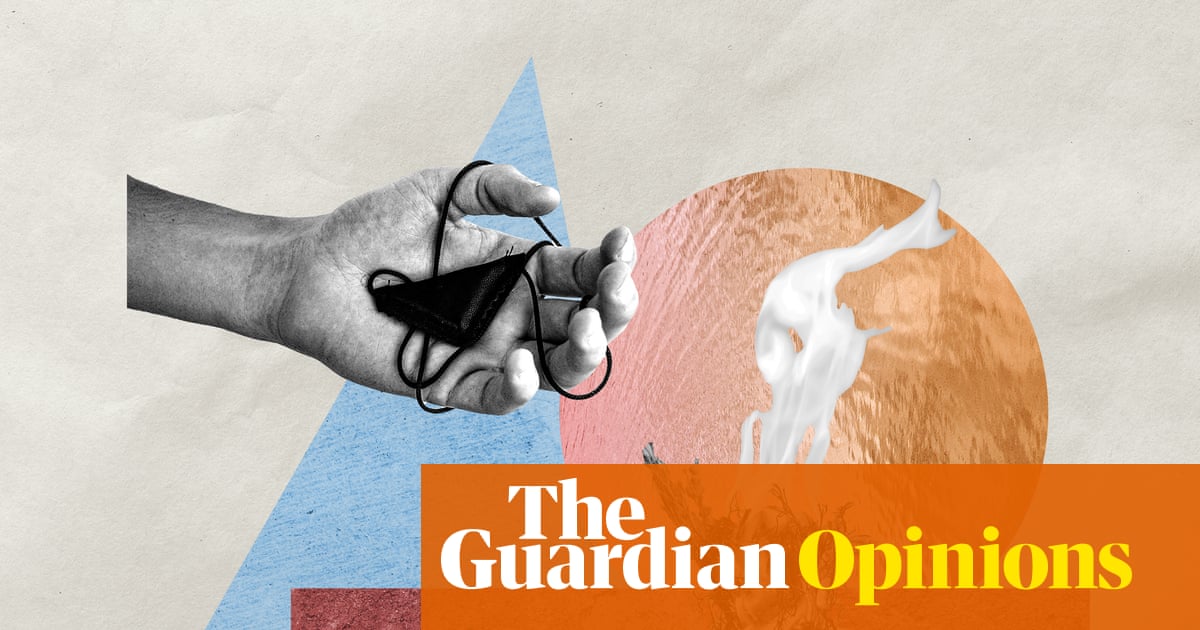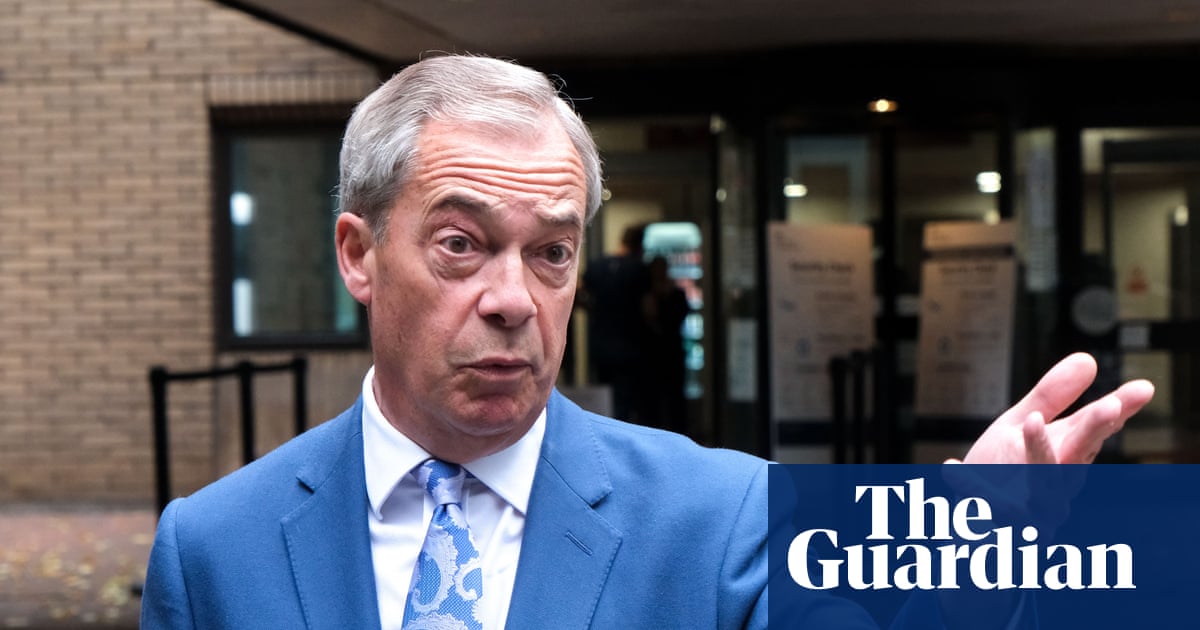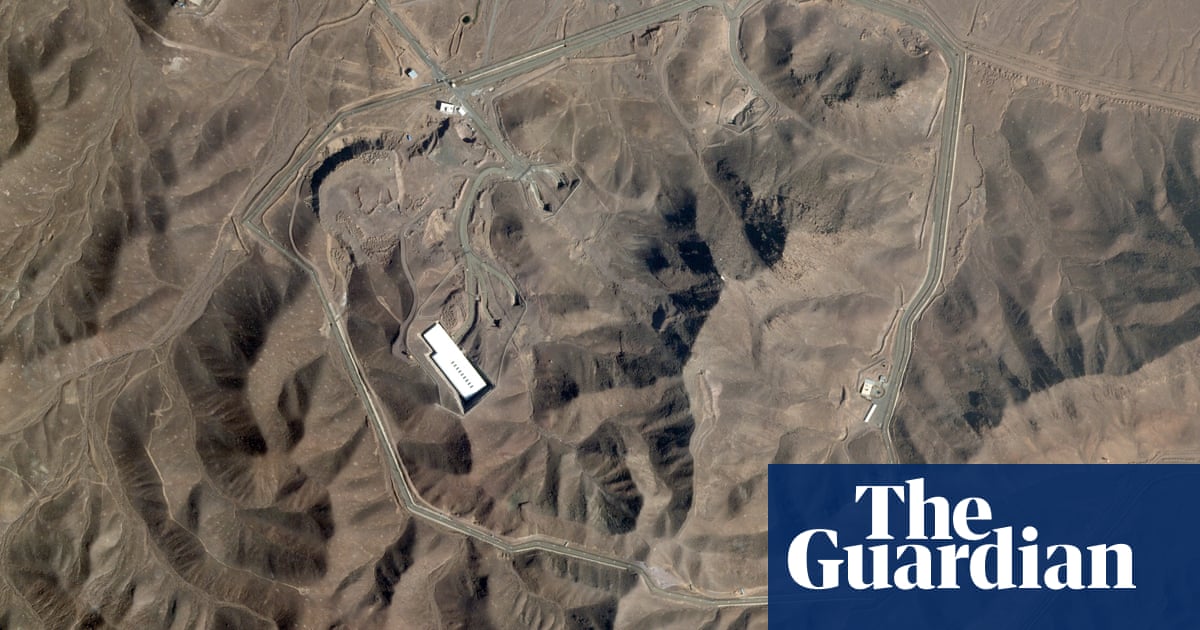Whenever you read, watch, or listen to the news, you’re likely to be exposed to stories of violence and murder. As a criminal psychologist, I’m often asked to comment on these cases to pick apart the motives of the perpetrators. People want these kinds of insights because murders feel frightening and horrifying, but also oddly compelling. There’s a level of focus and fascination, and the way these crimes are covered profoundly influences our perception of what the most urgent problems facing society are.
One day it struck me that the world would be a very different place if environmental crimes were treated in the same way as murders. So, why aren’t they? And should they be?
At the moment such crimes can, mistakenly, feel distant and abstract. If someone came into your flat and set fire to your furniture, stole your valuables, killed your pet, added poison to your water … what would you do? You’d be terrified. You’d go to the police. You might want revenge. You’d certainly want justice. It would be entirely obvious to you that a crime had been committed.
In reality, environmental crime is just like this, but even worse because it happens at scale. The problem is that it doesn’t always feel that way. But criminals releasing noxious gases into the air, cutting down protected forests, fishing illegally or polluting rivers do injure us in concrete ways. And that’s before you consider the broader impacts on biodiversity and climate change.
Part of the difficulty in appreciating this is that we tend to conflate all kinds of environmental harm in a way we just don’t when it comes to more familiar crimes. People intuitively understand the difference between hate speech and murder, even though both are acts of aggression. No one thinks of them as interchangeable. But that is how we tend to think of environmental crime: people who don’t separate their recycling or fly a lot are conceptually tossed into the same category as those who perpetrate heinous acts of degradation. We need to stop putting mundane ignorance or selfishness in the same bucket as serious green crimes, and focus on the ecological equivalent of serial killers.
It’s helpful to define what environmental crime is. Put simply, it happens when someone breaks the law – negligently, recklessly or deliberately – and causes environmental damage by doing so. Sometimes, specific green laws are broken by releasing high levels of toxic material into the air, water or soil, destroying protected plants or killing endangered animals. There are also more tangential crimes, such as committing fraud to get around fishing permits, laundering money to hide the proceeds of illegal mining, or engaging in corruption to facilitate wildlife trafficking.
It’s easy to default to the well-worn stereotype of evil corporations watching the world burn while raking in the proceeds of exploitation and extraction. And while corporate misconduct is part of the problem, it’s often organised crime syndicates doing the dirty work. These more closely resemble the dangerous world of drug traffickers than men in suits making decisions based on greed.
For example, in the context of wildlife trafficking, crime bosses with money and connections in China might hire middle-men in Mozambique who head into towns to recruit desperate local people willing to poach elephants or pangolins. Guards and customs agents are bribed to turn a blind eye to ivory and pangolin scales being smuggled across borders. Paperwork is forged and financial experts set up shell companies and launder money, pretending that the syndicate trades in “plastic pellets”. The same kind of structure applies if we’re talking about illegally mined minerals, toxic waste or timber harvested from protected areas.
These mafia-style operations are perhaps easier to conceive of as serious wrongdoing than the image of environmental crime we might have had in our heads. And while money is often the driving force, it isn’t the only motivator, just as “power” isn’t the only reason people commit murder. If we ask the perpetrators why they did it, their answers can be as revealing as the explanations given for other kinds of crimes. In general, there are six psychological drivers: ease, impunity, greed, rationalisation, conformity and desperation.
And if you’re tempted to turn around and say that environmental crimes don’t happen because of individuals, but because of “the system”, I hear you. Social structures, ideologies and politics have a profound impact on human behaviour. Using this term – the system – can feel like a profound contribution to a difficult discussion, underpinned by the desire not to over simplify. But exactly who, or what, is the system?
A serial killer also lives in a society, and we can blame society for any hardships they may have faced. But if on a true-crime show I were to simply cite “the system” as a motive for murder, people would want me to be more precise. We understand that choices are involved, and motives are personal, not just systemic. Otherwise, wouldn’t we all be criminals? The same goes for those whose unlawful activity damages the environment – they are neither just victims of the system, nor purely motivated by greed.
I’ve tried to illustrate how a strange double standard seems to apply to how we write and talk about environmental crime – and therefore how we think about it more generally. Imagine a world where it occupied as much space in our news feeds and podcasts as gangs and murders do. We’d hear about the damage done, and also about the efforts to catch and punish the perpetrators. This would have a number of benefits: it would act as a deterrent for potential criminals; it would counteract the kind of eco-anxiety we feel when we think “no one is doing anything”; and it would also help set new social norms, making it clear that crimes which damage the ecosystems that sustain us are as serious as personal crimes. Putting them in the same psychological category as murder would mean we could better appreciate what’s really at stake.
Dr Julia Shaw is a criminal psychologist at University College London and author of Green Crime: Inside the Minds of the People Destroying the Planet and How to Stop Them.
Further reading
How to Save the Amazon by Dom Phillips (Bonnier, £22)
The Petroleum Papers by Geoff Dembicki (Greystone, £10.99)
Cobalt Red by Siddharth Kara (St Martin’s Press, £24.99)

.png) 3 hours ago
4
3 hours ago
4

















































